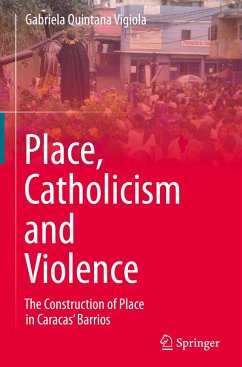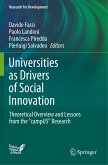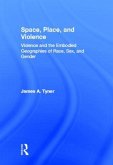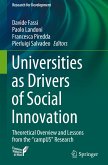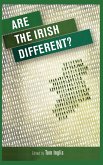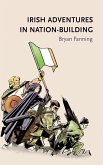This book explores the interwoven nature of place, Catholicism and violence in Caracas' barrios. Using interdisciplinary perspectives to investigate themes of urban space, meaning as a psychosocial construct, criminal violence, and religiosity as culture, this book uncovers the underlying complexities of turning spaces into places through the built form, activities in the urban space and the meanings associated with it. Fundamental elements in the construction of place are used to understand the ways in which barrio residents conceive and construct the physicality of the private, public and religious spaces; how residents use the physical spaces of the barrios; and the psychosocial meanings residents associate with the spaces and activities. Using rich qualitative data and a case study design, the book relies on audio-visual data and interviews with organisers, residents and key participants in Petare, the largest barrio conglomeration in Caracas and Venezuela. Qualitative thematic analysis of participants' experiences of Catholicism, violence and, ultimately, the construction of place exposes a unique argument: that meaningful urban spaces are embedded with emotions, memories, relationships, experiences and meanings, which turn them into places.
Hinweis: Dieser Artikel kann nur an eine deutsche Lieferadresse ausgeliefert werden.
Hinweis: Dieser Artikel kann nur an eine deutsche Lieferadresse ausgeliefert werden.

